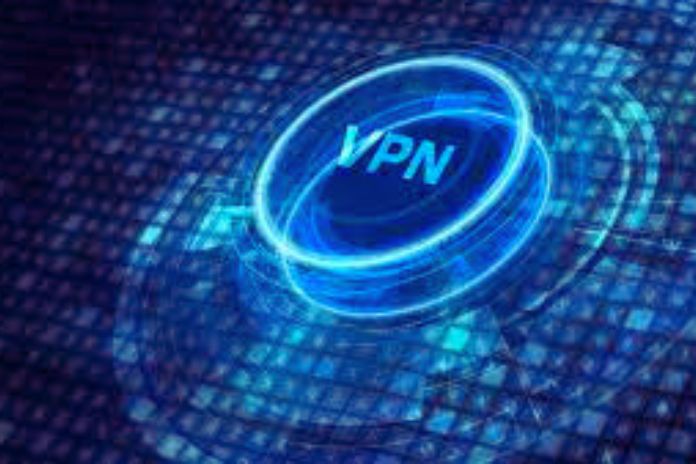VPN: In a world connected practically 24 hours a day, surfing the internet is only sometimes completely safe. With each visit to different web pages and each click made, our information and personal data are subject to theft or leaks.
One way to circumvent this problem is by using a private network, better known as a VPN. And for you, who may need some help with this subject, check below a simplified explanation of what a VPN is, its usefulness, and other information about it.
What Is VPN, And How Does It Work?
VPN is a way to browse the internet anonymously through a virtual private network – hence its name, Virtual Private Network. It creates a “pathway” between your computer and the server, encrypting all data sent in this communication. Usually, when trying to access a website, your internet provider (ISP) receives the request and forwards you to the desired destination.
However, when connected to a VPN, this request will be answered by the private network server first. Due to encryption, your virtual address (IP) is replaced by an address created by the VPN network. Doing so makes accessing your data and online activities more difficult for other people or programs.
And for this process to work, you need a stable connection to the server that will “do” all this work, which can consume part of your internet speed and, depending on the service, machine performance.
What Is A VPN For In Everyday Life?
The main attraction that leads people to use VPNs is security. Whether to protect personal data or companies’ confidential information, the private network allows the transaction of this data more safely. In addition to providing greater protection to your data, your online traffic becomes more difficult to track, making it difficult for websites to show you targeted advertisements. As your real IP is camouflaged, it becomes difficult for the site to recognize patterns and possible algorithms that may display ads that are more likely to draw your attention based on the sites you usually visit and the searches you usually do – there is even the possibility of blocking the advertisements with the VPN fully.
One of the main reasons VPNs have become popular recently is the possibility of accessing content limited by region. The most common in this regard is being able to consume content from a streaming service that is only available in certain countries.
How Can I Purchase A VPN?
The first step in purchasing a VPN is to decide if you want to try one for free or if you want a long-term service and opt for the paid option. But what is a paid VPN, and how is it different from the free one? A paid VPN will offer a more complete and efficient service, such as a larger number of servers with good use speed. While free VPNs tend to be slower and feature less.
And because it is a free product, the company that offers it needs to monetize it. And the main way to do this through a free VPN is by selling user data to advertising platforms, internet providers, and even the government. Because of this, free VPNs are a good alternative for simpler uses or to test the service. Some internet browsers offer an in-band VPN, such as Opera.
Having decided which type of service to use, its installation in most cases tends to be very simple, downloading from the official website of the chosen service and following the step by step common for installing any computer or cell phone program. Some paid VPNs usually ask for payment confirmation before use, while others allow a free trial for some time.
What’s Wrong With Using VPN?
The main obstacle to using a VPN is, as already mentioned, the loss of connection speed, as it adds one more element to the communication between the device and the website. Furthermore, for the encryption to be effective, the connection must travel a greater distance and slower.
As much as one of the uses of the VPN is precisely to access pages or services that may not be available through the common connection, there are rare cases in which the website recognizes the access via VPN and prevents its visualization – even more so when using it. It is restricted content.












